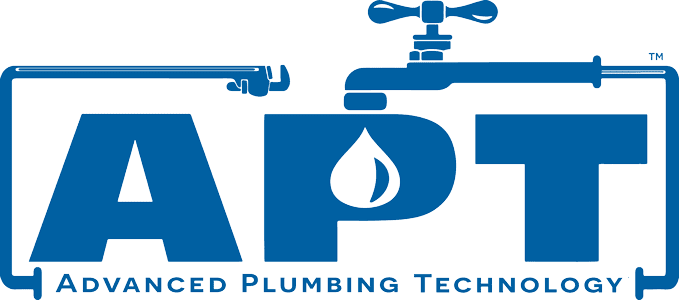Preventing Frozen Pipes: Winter Maintenance Tips
September 24th, 2023Posted by Brian Shoemaker
At Advanced Plumbing Technology, we understand the importance of keeping your home’s plumbing system in top-notch condition, especially during the harsh winter months. Frozen pipes can lead to costly and extensive damage, disrupting your daily life and causing headaches you’d rather avoid. That’s why we’ve compiled this comprehensive guide to help you prevent frozen pipes and ensure your plumbing remains functional and stress-free throughout the winter season.
Understanding the Risks of Frozen Pipes
Before we delve into the preventative measures, it’s crucial to understand why frozen pipes are a significant concern during winter. When water freezes, it expands, exerting immense pressure on the pipes. This pressure can cause pipes to crack, rupture, or burst altogether, leading to leaks and water damage when the ice thaws. Not only can this result in costly repairs, but it can also disrupt your daily routine and cause inconvenience.
Insulation: Your First Line of Defense
Proper insulation is a key factor in preventing frozen pipes. Focus on areas where pipes are more exposed to cold temperatures, such as attics, basements, crawl spaces, and exterior walls. Consider using pipe sleeves or heat tape to provide an extra layer of protection. Foam insulation is also effective in reducing heat loss and preventing freezing.
Seal Cracks and Openings
Sealing any gaps, cracks, or openings in your home’s walls, foundation, and windows can significantly minimize the chances of cold air infiltrating and reaching your pipes. Caulk and weatherstripping are excellent tools to keep your home airtight and prevent those icy drafts from putting your pipes at risk.
Let Faucets Drip
Allowing faucets to drip slightly during extremely cold nights can help relieve pressure within the pipes. Running water, even at a slow trickle, can prevent water from stagnating and freezing. It’s a simple yet effective technique that can make a significant difference in keeping your pipes safe.
Keep the Thermostat Consistent
Maintaining a consistent indoor temperature is vital in preventing frozen pipes. While it might be tempting to turn down the thermostat when you’re away or asleep to save energy, doing so can put your plumbing at risk. Keep your home’s temperature no lower than 55°F (12.8°C), even during times of lower occupancy.
Insulate Exposed Pipes
Pipes in unheated areas such as garages and crawl spaces are particularly vulnerable to freezing. Insulate these exposed pipes with pipe sleeves, heat tape, or even old towels. This added layer of protection can go a long way in preventing pipe damage.
Disconnect and Drain Outdoor Hoses
Outdoor hoses are susceptible to freezing and can cause damage to the connected faucets and pipes. Before winter sets in, disconnect and drain all outdoor hoses. Consider installing frost-proof faucets to further protect against outdoor freezing.
Seal and Insulate Crawl Spaces and Attics
Crawl spaces and attics can harbor cold air, which can ultimately affect the temperature of your pipes. Properly insulating these areas and sealing any openings can maintain a more stable environment, reducing the risk of frozen pipes.
Invest in a Smart Thermostat
A smart thermostat can be a valuable addition to your winter plumbing protection strategy. It allows you to monitor and adjust your home’s temperature remotely, ensuring that your pipes are safe even when you’re away.
What to Do When Temperatures Plummet
During extreme cold snaps, taking extra precautions can save you from potential disasters. Open cabinet doors in the kitchen and bathrooms to allow warm air to circulate around pipes. Consider using a space heater in unheated areas to keep temperatures from plummeting.
In Conclusion
At Advanced Plumbing Technology, we are dedicated to helping you safeguard your home from the perils of frozen pipes. By following these winter maintenance tips, you can significantly reduce the risk of pipe freezing and subsequent damage. Remember, prevention is key, and a little effort now can save you from major headaches down the road. If you’re uncertain about any of these steps or if you encounter plumbing issues despite your best efforts, don’t hesitate to contact an expert team. Your comfort and peace of mind, especially during the winter months, is a top priority.
